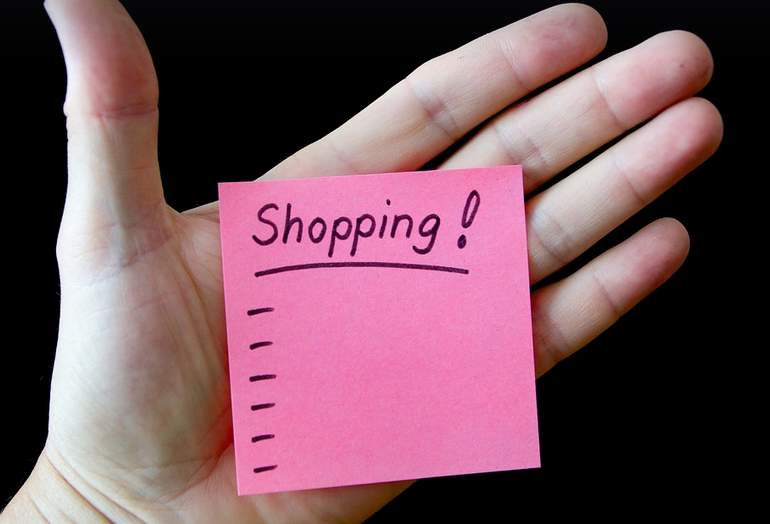Business Credit Cards & Personal Liability: Understanding The Risk

A Closer Look at Your Line of Credit
Imagine this: you’re running your own business, and it’s been a whirlwind year. You hit a major milestone—your sales are skyrocketing, you’ve landed some incredible contracts, and things are looking brighter than ever. You’re thrilled! But then comes that nagging feeling: you need to make that big purchase for your growing company – a new server rack, maybe, or a critical marketing campaign. Enter the business credit card.
Business credit cards offer a unique blend of financial freedom and entrepreneurial support. They’re essentially extensions of your business, designed to streamline operations and offer greater credit authority than personal cards. With this “business” edge comes a crucial understanding: they come with an inherent risk—the possibility of personal liability.
Let’s delve into why understanding the concept of personal liability is as important as understanding how business credit cards work. It’s not about taking out a loan for your business and being automatically responsible if things go wrong; it’s about recognizing that, in certain circumstances, you could be personally held accountable for the debts incurred through your business.
Before diving into specifics, remember this: the core principle of personal liability with business credit cards rests on a fundamental premise: business debts can sometimes become entangled with your personal financial security. This can occur when your company fails to repay its balance or encounters legal issues that require you to cover the debt.
Why Business Credit Card Debt Can Be a Concern?
Picture this: Your business is experiencing financial trouble, and you’re struggling to make ends meet. You receive an urgent invoice for supplies and decide to swipe your business credit card to pay it off. This seems like a sensible solution at the time. However, the issue arises when you fail to maintain your company’s financial balance or if there are legal complications that need immediate attention. The line between what is considered “business” debt and “personal” becomes blurred.
In situations like these, creditors might turn to you as a potential source of repayment. This can mean having to cover the outstanding balance on your business credit card if your company’s funds run dry. It may also include personal guarantees for loans or agreements that require you to personally guarantee any debt incurred by your company.
Imagine this scenario: Your business needs a large sum of money for inventory, but it just doesn’t have the cash flow at present. You decide to use your credit card for the purchase; however, after several months with no income and lots of unforeseen expenses, the outstanding balance reaches a critical point that your business simply can’t afford.
In this situation, you might be forced to cover the debt if your company’s financial struggles cause it to default. This is where personal liability comes into play: You could end up being financially responsible for paying off your business credit card balance. This puts a significant burden on your personal finances – it’s like having your own income line used for business needs, and now, you’re personally liable.
It’s crucial to explore the possibilities of business credit cards with a clear understanding of their associated risks. This involves a thorough assessment of your company’s financial situation, potential liabilities, and insurance options before obtaining one. Remember, managing debt responsibly is vital for building a healthy cash flow that ensures minimal risk.
In other words, using your business credit cards to cover personal expenses should be avoided at all costs. Business card transactions are meant for operational expenses only, as they come with extra financial security and safeguards to protect both you and the company from debt obligations.
Mitigating Personal Liability: A Multi-Faceted Approach
Navigating business credit cards demands a nuanced approach—one that addresses the potential risks of personal liability head-on. While it’s natural for your mind to be drawn to those shiny benefits, remember that using a business card isn’t just about convenience.
The first step in minimizing this risk is building a strong understanding of your company’s financial health.
Before even thinking about applying for a business credit card, it’s important to have a solid foundation. This includes having a detailed financial plan that reflects your income and expenses, as well as considering the various financial options available to you. Having this clear picture will help both you and the bank assess your creditworthiness, ensuring your company is adequately prepared for any potential liabilities.
Secondly, ensure your business has adequate insurance coverage: This could include general liability insurance, professional indemnity insurance, or even a combination of these options. Having proper insurance coverage can significantly reduce personal liabilities in case of unforeseen situations.
Finally, consider the legal implications associated with using business credit cards. It’s essential to understand your company’s legal obligations regarding debt and financial security. Consulting with a lawyer or accountant is always recommended to ensure your company remains compliant with all applicable regulations.
Protecting Your Personal Assets: A Guide to Financial Responsibility
Business credit cards can be a powerful tool for entrepreneurs, but only when used responsibly. The key takeaway here is that your personal assets should not be at risk in the event of business failure. It’s about establishing clear boundaries between your personal and business finances.
To achieve this, make sure you separate your business expenses from your personal ones – consider using a dedicated bank account for your business operations. This way, if your company faces financial difficulties, it will have its own funds to manage the debts with minimal impact on your personal assets.
Another crucial aspect is maintaining transparent and honest accounting practices: Keep detailed records of all transactions – this includes both income and expenses that are directly related to your business operations.
By keeping these guidelines in mind, you can navigate the world of business credit cards with both confidence and composure. Remember, the best way to minimize personal liability is to be financially prepared for any potential challenges that may arise.
Taking these precautions will not only protect your financial well-being but also empower you to take greater risks in managing your business while minimizing unnecessary stress. It’s about building a sustainable financial model and ensuring your venture can flourish through both challenges and triumphs.


